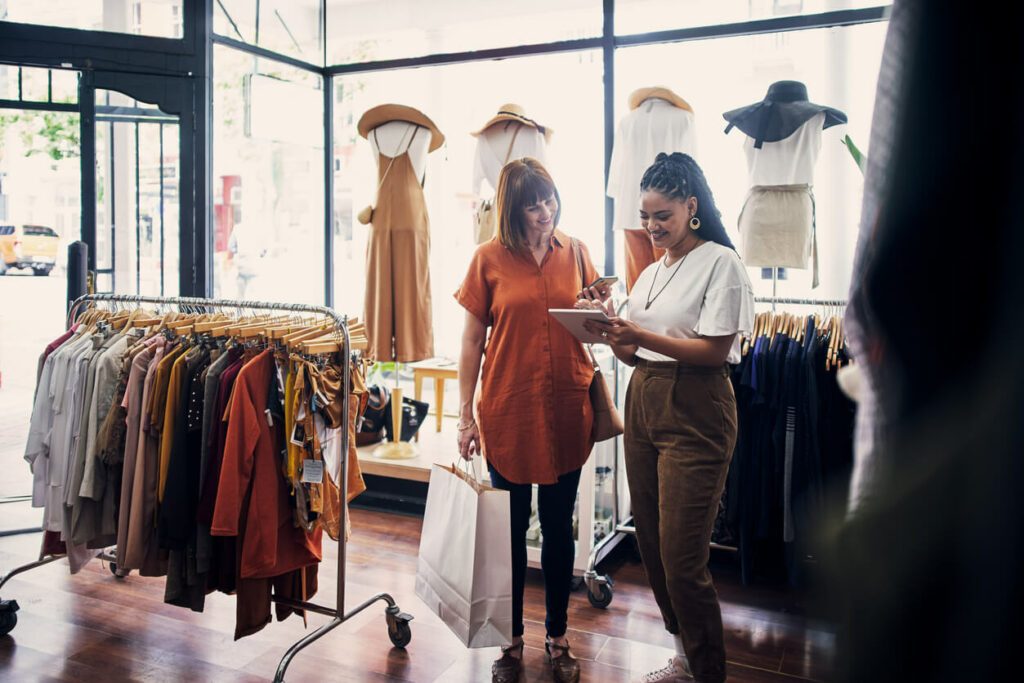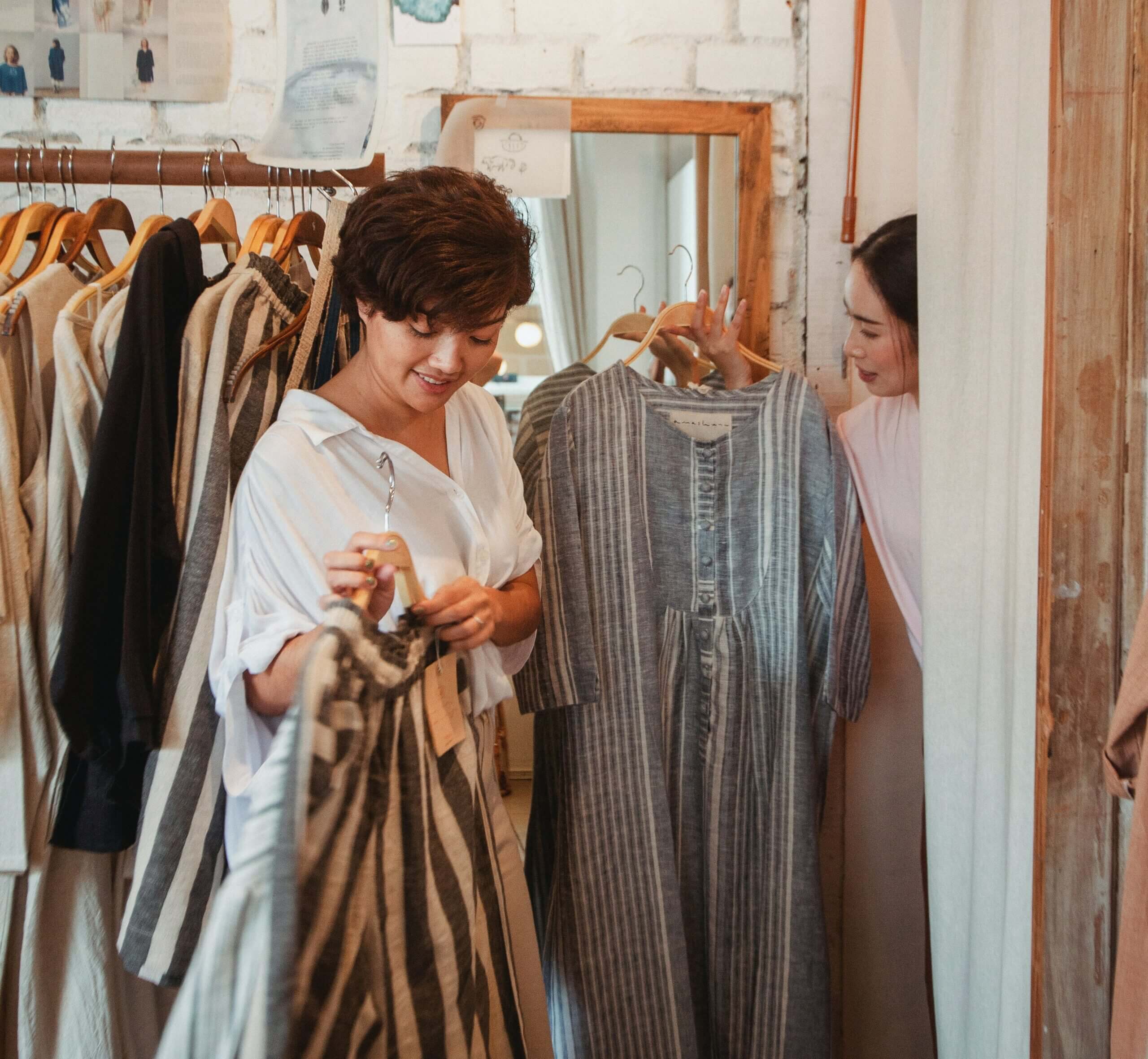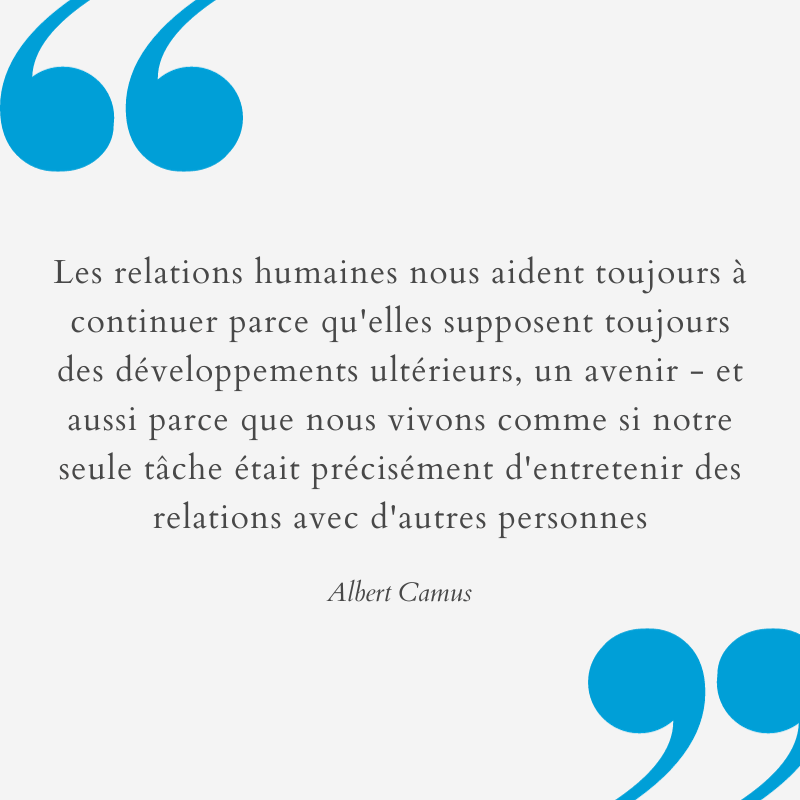Since 2013, traffic in French stores has fallen by an average of 30% in shopping centers, and 40% in city centers (source: Procos). Beyond the economic and multi-factorial crisis, it's clear that a retailer's physical network must evolve structurally to adapt to changing consumer habits in the 21st century.
New consumer habits
Driven by rapid advances in communications technology, the growth of Internet commerce has been meteoric in recent years. From modest beginnings in the early 2000s, global e-commerce sales are expected to reach nearly 150 billion euros in France by 2022. That's equivalent to the annual sales of the automotive and construction industries!
There are many reasons for this boom: vast product selection, comfort, convenience, competitive pricing, etc...
These developments have created new expectations in the minds of modern consumers: the purchase of a good or service must respond to the ATWADAC motto: anytime, anywhere, any device, any content. Waiting or being told that the price is different in a store is out of the question!
Alongside these transformations, a broad ecological awareness has also emerged in recent years. The importance of meaningful, value-laden commerce has been emphasized, particularly among the younger generation.
It should be noted, however, that the buying behavior of the latter may seem paradoxical in relation to their initial intentions (valued at $100 billion, the Chinese e-tailer Shein has become an emblem of Gen Z consumption, for example).
The rise of online pure players has revolutionized traditional retailing in France. Retail market share has been steadily eroded by e-commerce, to the detriment of physical networks, until the global health crisis of 2020 accelerated the trend.
However, the year 2022 marks a major halt to this continuous growth. Last year, according to Fevad and Insee, e-commerce accounted for "only" 12.5% of retail trade, compared with 14.1% in 2021.
How can we explain this downturn, when the end of physical retailing was already being predicted? Are stores taking their "revenge"?
The resilience of the physical store
Derived from physics, the notion of resilience originally referred to a mechanical characteristic defining the resistance of materials to impact and their ability to regain their shape after impact.
And it's this characteristic that defines the brands that have managed to hold their own in this turbulent environment!
Take Fnac Darty, for example. Fnac Darty relies on in-depth knowledge of its customers' needs, thanks to a sophisticated loyalty program that is the cornerstone of its effective and, above all, totally omnichannel customer activation process. Fnac Darty was quick to recognize the complementarity of web and physical channels, investing heavily in the deployment of a phygital relationship with its customers.
Results? Despite a context of high inflation, rising energy costs and contracting demand, the Group will continue to record gross margin growth in 2022.
Fnac Darty is the paragon of a resilient organization capable of seizing the opportunities offered by the transformation of the retail market. Indeed, by connecting with their customers and opting for integrated technologies and systems, they can align themselves with consumer expectations and pave the way for new trends.
But for the retail ecosystem to be totally transformed, and for the strategy to pay off, this increased connection to customer needs must also be reflected in thephysical in-store experience...

Developing in-store human resources
"Faced with the consumer, the importance given to human resources is paramount to ensure that teams can deliver a good brand experience and convey its values: they need to be trained and equipped," reminded Arnaud Gallet, Director of Paris Retail Week.
Indeed, it's no coincidence that this year's theme was "Back to Basics: common sense in the face of paradox"...
By effectively recruiting, training and supporting in-store teams, retailers are making the omnichannel experience exceptional and truly meeting the needs of 21st-century consumers. Because even if digital and AI are shaking up the market, this shouldn't distract us from one obvious fact: human beings need a relationship with their fellow man. This is why in-store teams, in direct contact with customers, are at the heart of any ambitious retail strategy.
To get your teams up to speed, you'll need to give them the means to develop above-average interpersonal skills.
In conclusion, here are the 5 main themes that we feel are essential for an outstanding in-store experience:
- Interpersonal communication: this involves practicing active listening, working on their presentation pitches and mastering questiology (the art of asking the right questions).
- Mastering the language of emotions: an empathetic advisor is able to understand customers' emotions and needs, making the buying experience more comfortable and enjoyable.
- Conflict management: this skill can turn a negative experience into a positive one.
- Persuasion and influence techniques: 44% of French people will be practicing ROPO in 2022 (research online and buy in-store), but 30% will be showrooming (visit a store and buy online).
- Teamwork: collaboration and teamwork create a harmonious and efficient purchasing environment. What's more, in a context of reduced staff numbers, solidarity between members limits the negative impact on customers and ensures consistent service.
- Product knowledge: as innovation cycles shorten and consumers become ever more sophisticated, it's essential that store teams are perceived as experts.
Effectively train store staff in essential interpersonal skills
To improve soft skills (behavioral competencies), the training courses offered to teams must be practice-oriented!
For example, it's easy enough to understand what makes a good listener, but paradoxically, it's sometimes very complicated to put it into practice in real-life situations.
Practice in a simulated environment, with an actor trainer playing the customer, helps to overcome this limitation. Armed with this conviction, we offer training programs specially designed to meet the needs of your in-store retail teams.
Through its "act human" mission, Quilotoa has been working for 30 years to help numerous organizations in the sector offer a truly different, deeply human in-store experience.
Article sponsored by our partner Quilotoa
Would you like to find out more about our retail solutions? Click here to find out more.
Would you like to download our latest white paper on the retail sector? Click here to download it.


